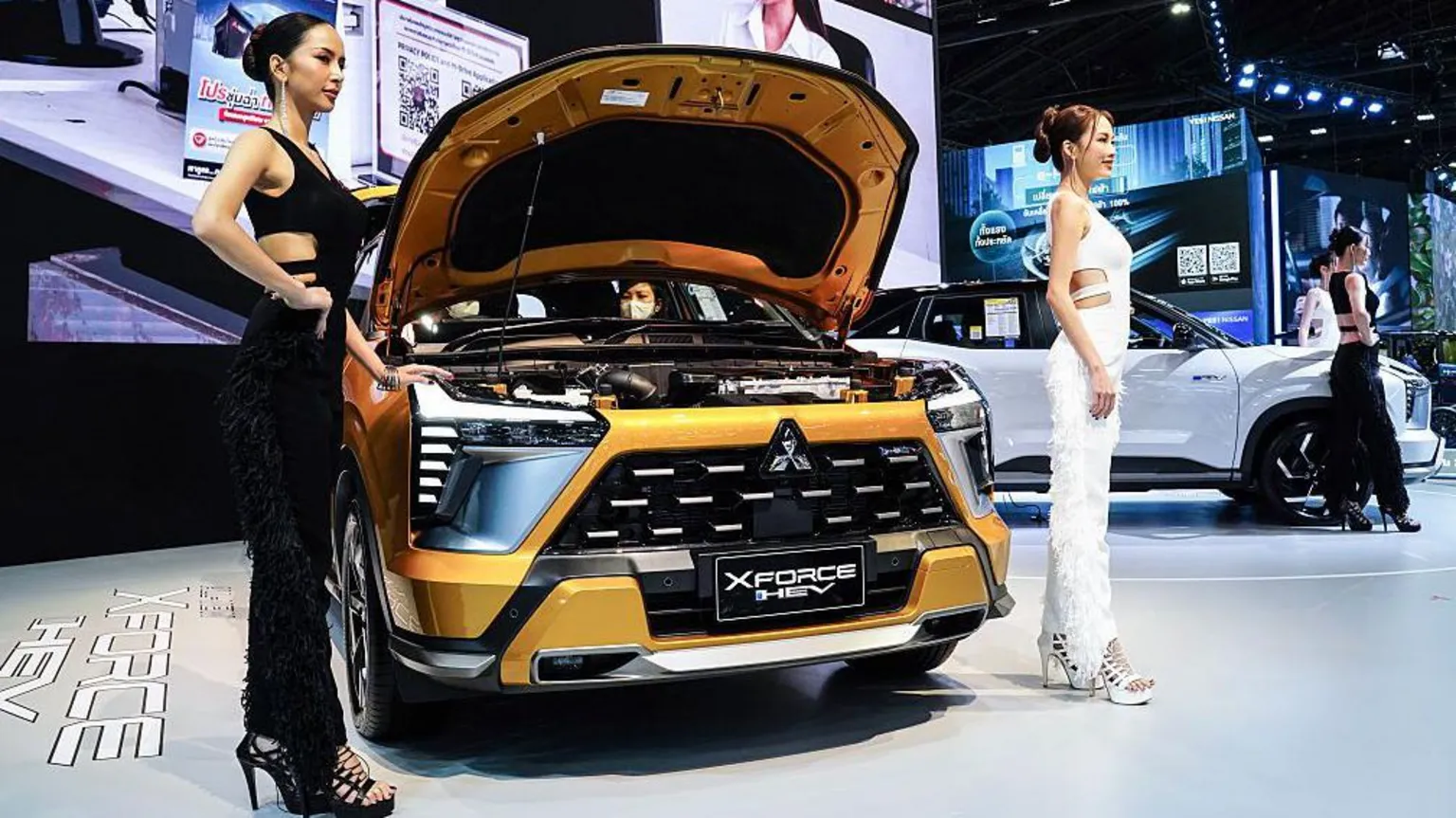In a significant move for the automotive industry, Taiwanese electronics giant Foxconn, renowned for assembling Apple’s iPhones, has announced a partnership with Japan’s Mitsubishi Motors to develop and manufacture electric vehicles (EVs). The collaboration aims to produce a new EV model targeting the Australian and New Zealand markets, with production slated to commence in Taiwan by the second half of 2026 .
Strategic Collaboration to Expand EV Offerings
Under the agreement, Foxconn’s EV subsidiary, Foxtron, will spearhead the development of the new electric vehicle, which is expected to feature advanced infotainment systems. The manufacturing will be handled by Yulon Motor, a Taiwanese automaker that also produces vehicles for Nissan . This partnership marks a strategic effort by Mitsubishi to bolster its EV lineup amid increasing competition from rapidly growing Chinese EV manufacturers.
Mitsubishi, traditionally focused on plug-in hybrids, is seeking to enhance its electrified vehicle portfolio through collaborations with alliance partners Nissan and Renault. The company plans to transition its entire product lineup to EVs or hybrids by 2035, aligning with global trends towards sustainable transportation .
Foxconn’s Diversification into Automotive Sector
For Foxconn, officially known as Hon Hai Precision Industry Co., this venture represents a strategic diversification beyond consumer electronics. The company has been expanding into new sectors, including EVs and artificial intelligence servers, to mitigate risks associated with trade tensions and supply chain disruptions .
Foxtron, a joint venture between Foxconn and Yulon Motor, has previously showcased various EV models, including the Model B hatchback, aiming to establish a presence in the burgeoning electric vehicle market .
Future Prospects and Industry Implications
While the current agreement is a memorandum of understanding, both companies are working towards a definitive agreement. This collaboration signifies a shift in the automotive industry, where traditional in-house manufacturing is now open to partnerships with tech-oriented manufacturers like Foxconn. It also reflects a broader trend of convergence between the technology and automotive sectors, as companies seek to leverage each other’s strengths to accelerate innovation and meet evolving consumer demands.
As the global push towards electrification continues, such collaborations may become increasingly common, reshaping the landscape of the automotive industry and paving the way for more sustainable transportation solutions.





